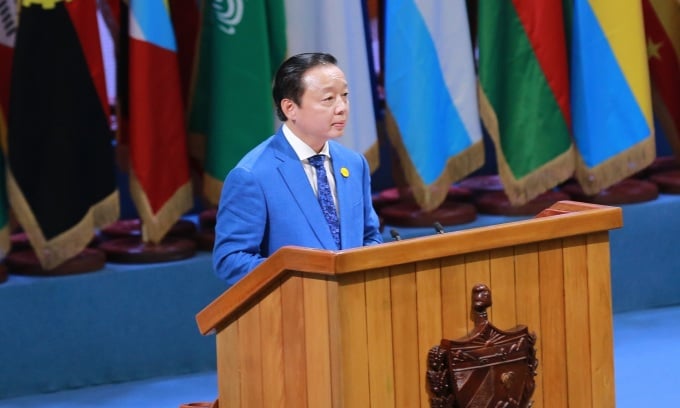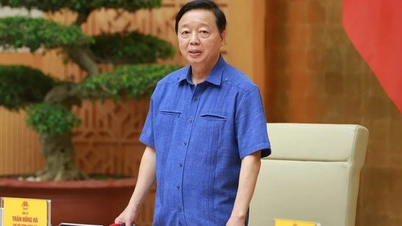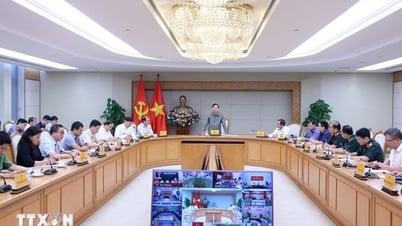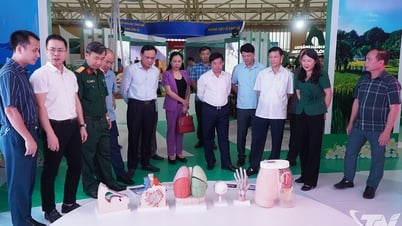Deputy Prime Minister Tran Hong Ha shared that Vietnam considers science and technology a top national policy and a strategic breakthrough when speaking at the G77 and China summit.
Vietnam is one of four leading countries promoting a just energy transition model with the goal of becoming a regional green energy transition hub, Deputy Prime Minister Tran Hong Ha said on September 15 at the ongoing G77 and China summit in Cuba, according to a statement from the Ministry of Foreign Affairs today.
The G77 and China Summit focused on exchanging and proposing solutions to strengthen cooperation, promote the role in promoting economic recovery, and implementing the United Nations Sustainable Development Goals.
The Deputy Prime Minister assessed that the world is at a historic moment to transform the economic model, in which science, technology and innovation are the key to solving current global challenges.
According to him, if the key to the fight against the Covid-19 pandemic is the vaccine, then the "vaccine" in the effort to combat climate change is science, technology and green hydrogen, and the "vaccine" for global issues is cooperation, solidarity, science, technology and innovation.

Deputy Prime Minister Tran Hong Ha speaks at the G77 and China Summit in Havana, Cuba, September 15. Photo: Ministry of Foreign Affairs
Deputy Prime Minister Tran Hong Ha also proposed key cooperation orientations for the G77 Group and China, including: promoting South-South and North-South cooperation in the spirit of upholding multilateralism, harmoniously resolving intellectual property with the responsibility of sharing technology to solve global problems, promoting human resource development training and startup exchanges, creating a policy framework and investment in public-private cooperation to create a research ecosystem.
Vietnam strongly supports Cuba's initiatives to organize the Science and Technology Ministers' Conference every three years and to choose September 16 every year as the Science and Technology Day of Southern Countries.
Cuban President Miguel Diaz-Canel Bermudez emphasized that promoting solidarity and international cooperation, especially in the fields of science, technology, and innovation, is of strategic significance in addressing global challenges.
UN Secretary-General Antonio Guterres advocates equality for countries in the South. He calls on developed countries to quickly implement their commitments to strengthen preferential financial policies and provide climate finance to support developing countries to overcome current development challenges.
Global South and Global North are terms in international relations to distinguish between developing and developed countries.
These terms are not based entirely on geographical division but also on the level of economic development, according to research by the University of Virginia in the US. Developed countries are mostly concentrated in the Northern Hemisphere, so they are often classified as northern.
Meanwhile, developing countries with medium or underdeveloped economies are concentrated in the equatorial region of the Northern Hemisphere, or most African and Latin American countries are located in the Southern Hemisphere. This group of economies is classified as the southern group.
The G77 is the largest intergovernmental organization of developing countries, founded in 1964 with 77 member states and now expanded to 134 countries. China joined the group in 1994. The Havana summit was an initiative of Cuba as the Chair of the G77 and China in 2023.
Name
Source link








![[Photo] General Secretary To Lam attends the 80th anniversary of Vietnam's diplomacy](https://vphoto.vietnam.vn/thumb/1200x675/vietnam/resource/IMAGE/2025/8/25/3dc715efdbf74937b6fe8072bac5cb30)






































































































Comment (0)